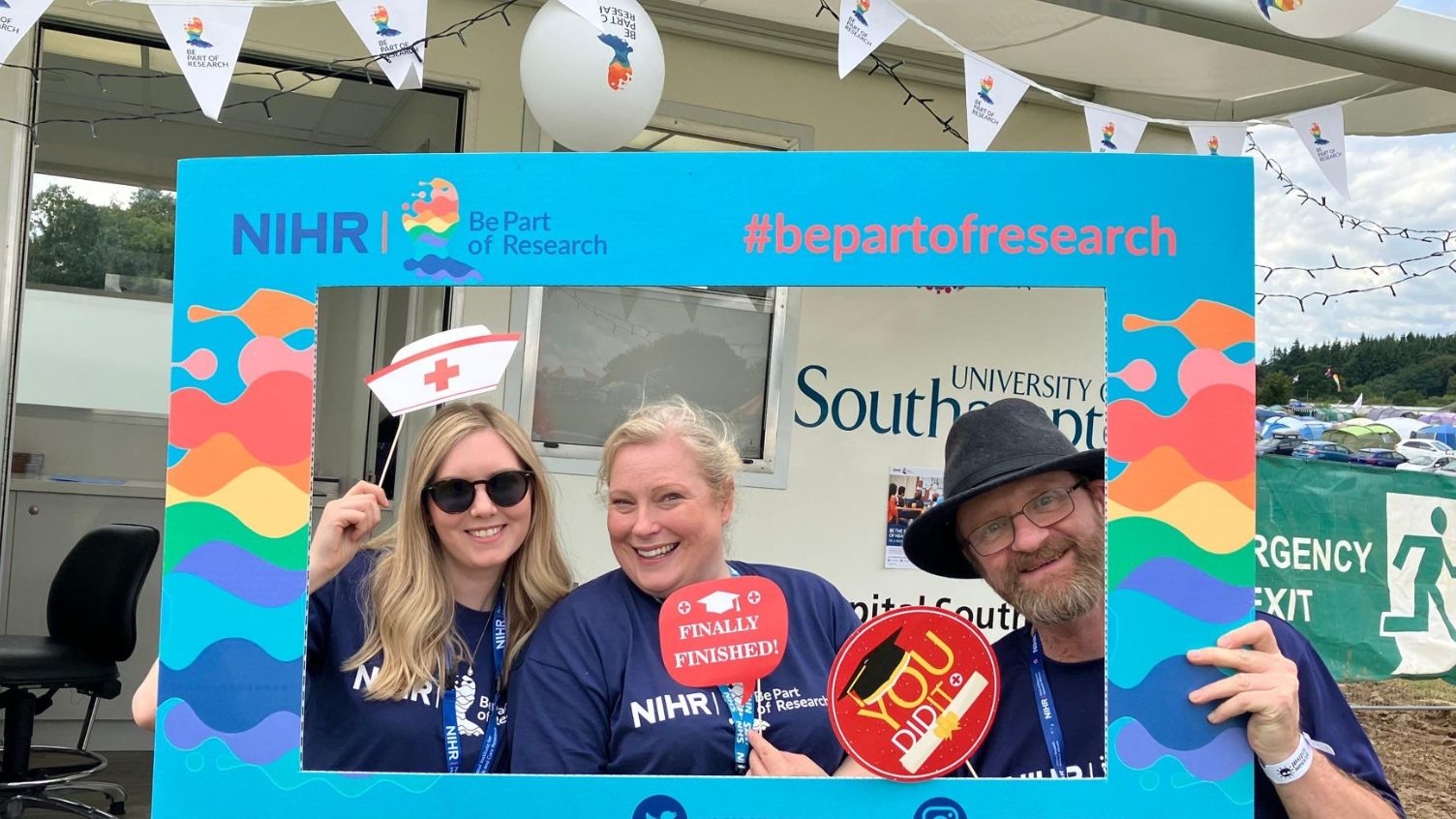Your Path in Research - Dr Alessia Rose
- 10 November 2022
- 3 min read
Dr Alessia Rose is a Public Health Research Support Officer based at Devon County Council.
For Your Path in Research, we asked Alessia how she got into research in public health and why research in this area is so important.
When did you first get involved in research?
In summer 2022, I graduated with a PhD from the University of Exeter. I studied the holistic health benefits of walking groups: exploring organisational, landscape, physical health, mental health, and social capital factors and their influence on walking group participants' joining, remaining, and leaving motivations.
How did you become involved in health and care research within public health?
I am Devon County Council's Public Health Research Support Officer. My role is funded by the Clinical Research Network South West Peninsula, part of the research delivery arm of the National Institute for Health and Care Research (NIHR). My role is to embed public health and social care research in community settings, build infrastructure, capacity, and capability, promote NIHR portfolio studies with our populations, and link collaborators together for grant applications.
I have been in post since the Research Practitioner initiative began (March 2021), and I'm also the Chair and founder of the Public Health Local Authority Research Practitioner Group (a national research practitioner community of practice).
What do you enjoy about working in health and care research?
I get to meet such a diverse range of people, from different specialisations, interests, knowledge, perspectives, and approaches. I also get involved in all public health topics, which is endlessly engaging. Every day I meet incredible people doing incredible things and get to share my love and passion for research and develop this critical area in public health. I also enjoy being at the cutting edge of knowledge and using my skills to disseminate the crucial findings for health betterment.
How can research benefit/add to your career in public health/social care?
We need a representable, generalisable evidence base to resolve health issues for everyone. It is important to take a robust, scientific approach to enquiry to ensure this. We need to explore methodological approaches to these fields, which considers considerably more variables which cannot be reduced in the way that has been undertaken in traditional health research. As a mixed-methods researcher, this excites me the most. I am looking forward to using approaches I learned on the Health Services Modelling Associates Programme with the One Devon Dataset.
Why do you think health and care research is important?
We need to understand the most effective ways to support and prevent complex needs to improve the lived experience of the population, reduce critical pressure on the system, (e.g. hospitals) and benefit the economy, thus reducing inequalities.
What are your hopes for your career in research?
As a Research Practitioner embedded in a local authority, I have seen the requirements for greater capacity, capability, and infrastructure, as demonstrated by the NIHR Health Determinants Research Collaborations. 13 were funded, from an initial 5, but we must not stop there. It is my dream to continue my work, building both my career and public health and social care research capacity, capability and infrastructure and supporting research across the South West Peninsula.
Why is it important more people become involved in delivering health and care research in public health?
Diverse individuals and roles help us to create, deliver and disseminate research that is much more inclusive and thus has the widest health benefit and associated reductions in inequalities. Having more research capacity with a greater number of staff engaged in research, leads to faster results which are more quickly used to benefit commissioning from research findings.
What impacts have you seen research make in public health?
I am privileged that my colleagues at Devon County Council have been supporting with research delivery, supporting portfolio studies that in turn, feed back into commissioning.
What would you say to someone thinking of starting a career in research?
Go for it! There are so many opportunities out there, and tonnes of support, whatever you want to get involved in or whatever research level you are at. You will develop critical skills for your role, and develop critical thinking skills that are useful not just for your role, but other areas of life too!


